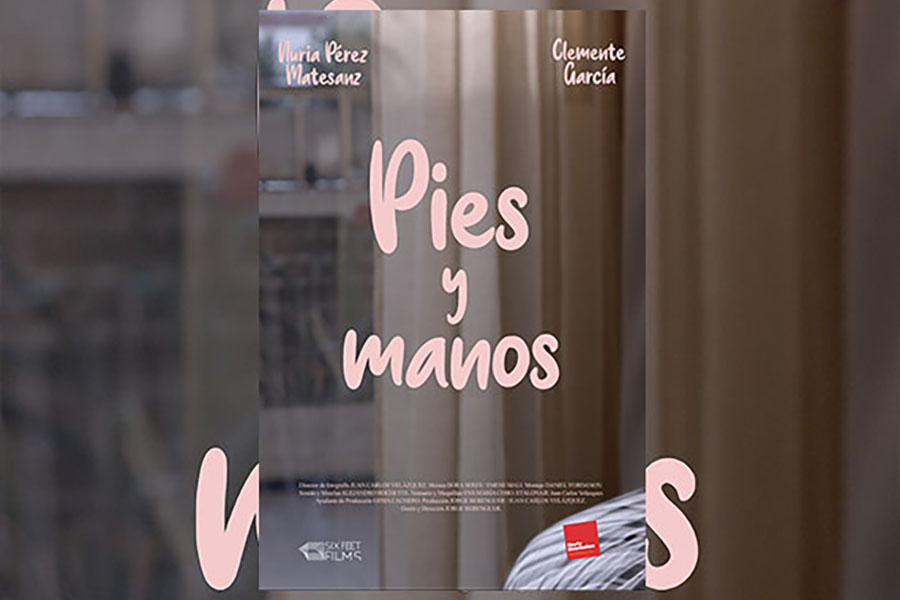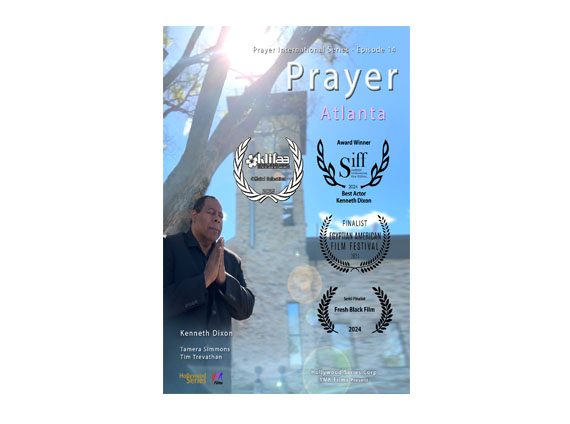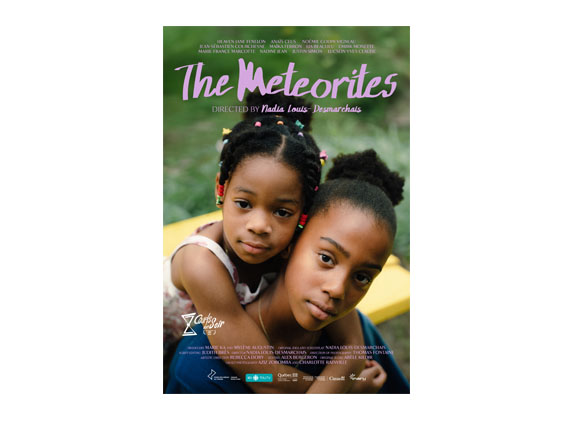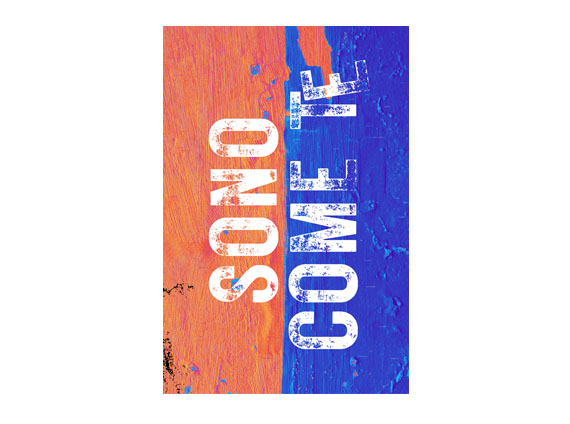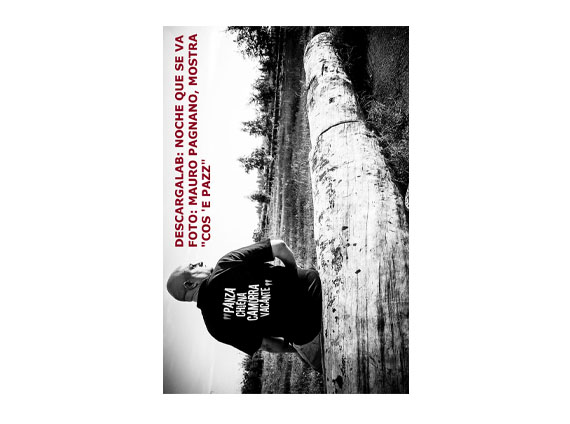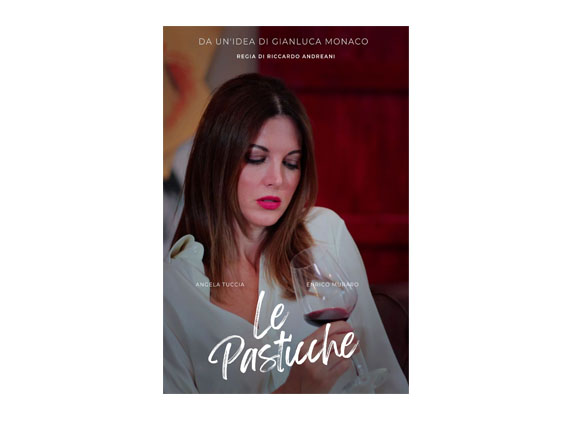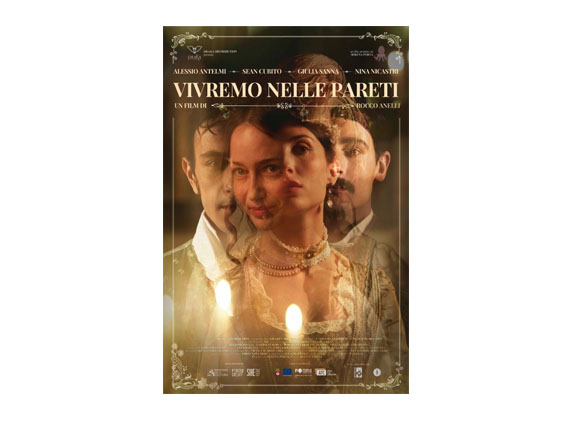ITA - Il regista spagnolo Jorge Berenguer con il suo cortometraggio regala al pubblico una prospettiva originale, divertente ma anche riflessiva sulle dinamiche di coppia ai tempi del Covid. L’assenza di comunicazione è il primo sintomo che il clima di tensione crea tra i due e così, piuttosto, l’autore, che scrive anche la sceneggiatura, lascia spazio ai pensieri dei protagonisti. Le loro riflessioni si sviluppano indipendenti e senza margine di confronto. Seppure l’episodio sia calato nel dramma di una pandemia mondiale, Jorge Berenguer esprime una narrazione vispa che sa far sorridere dei molti e vari modi in cui il Covid ha cambiato i dettagli più banali della vita di tutti i giorni.
Alberto e Lorena, sono una coppia, ma da un po’ di tempo non riescono a trovare la formula per starsi accanto senza essere assaliti dall’angoscia per il rischio di contagio. Mentre lui è stato dispensato dal recarsi a lavoro, lei deve ancora presentarsi in ufficio e dal momento che nell’edificio ci sono stati casi di contagio, Alberto evita ogni contatto fisico con lei. Lorena, frustrata da come le cose siano cambiate rispetto alla loro allegra sintonia, cerca di avvicinarsi, ma viene prontamente allontanata. E così che inizia questo curioso e reciproco inseguimento, un’esplorazione del corpo dell’altro alla ricerca di un compromesso, una zona franca che possa permettere il contatto senza correre rischi. Lì dove la vicinanza rappresenta, di colpo, un pericolo, le estremità – le mani e i piedi – diventano il solo punto di incontro possibile.
I due attori che interpretano i personaggi protagonisti, Nuria Pérez Matesanz e Clemente García, offrono con l’eloquenza dei loro volti, una resa estremamente efficace e divertente dei sentimenti taciuti e spesso in contrasto dei loro personaggi. Jorge Berenguer concepisce in Feet and Hands un linguaggio visivo e una scrittura capaci di comunicare un distinto senso di familiarità. Accompagnato, poi, alla perfezione dalle musiche a cura di Dora Seres ed Emese Mali, pertinenti e allegre, il cortometraggio riesce a far sorridere e pensare.
Una scena di particolare impatto è quella in cui Lorena dà le spalle ad Alberto, temendo, per un istante, che il compagno possa essersi ammalato. Mentre razionalizza la sua ipotesi, lo sguardo si posa sul balcone di casa sua e sul cespuglio di rose, una vista che infonde nello spettatore un sentimento dolceamaro verso la rappresentazione del mondo esterno e della vita che, ignara di tutto, fiorisce.
__________________
ENG - The Spanish director Jorge Berenguer gives the public an original, funny but also reflective perspective on couple dynamics in the Covid era. The lack of communication is the first symptom that the tense atmosphere creates in the couple and so the author, who also wrote the screenplay, gives voice to the thoughts of the protagonists. Their reflections develop on two independent rails which never touch each other through comparison. Even though the episode is placed into the drama of a global pandemic, Jorge Berenguer brings to the screen a lively narrative that makes people smile about the many and various ways in which Covid has changed the most banal details of everyday life.
Alberto and Lorena are a couple, but they have not been able to be close without being assailed by anguish due to the risk of contagion. While he has been exempted from going to work, she has yet to go to the office and since there have been cases of contagion in the building, Alberto avoids any contact with her. Lorena, frustrated by how things have changed from their cheerful harmony, tries to get closer, but she is rapidly turned away. This is how this curious and mutual pursuit begins, an exploration of the partner's body in search of a compromise, a free zone that can allow contact without risks. Where closeness suddenly represents a danger, the extremities - hands and feet - become the only possible meeting point.
The actors who play the main characters, Nuria Pérez Matesanz and Clemente García, offer through the eloquence of their expressions, an effective and funny portrayal of the unspoken and often contrasting feelings of their characters. In Feet and Hands Jorge Berenguer designs a visual language and a writing in which everyone could mirror themselves. Perfectly accompanied by the pertinent and cheerful music of Dora Seres and Emese Mali, the short film makes people smile as well as think.
A particularly striking scene is the one in which Lorena turns her back to Alberto, fearing, for an instant, that her partner might have fallen ill. While she rationalizes her hypothesis, she directs her glance on the balcony and on the rose bush, a view that instills in the public a bittersweet feeling towards the outside world and life, that prospers, unaware of everything.

